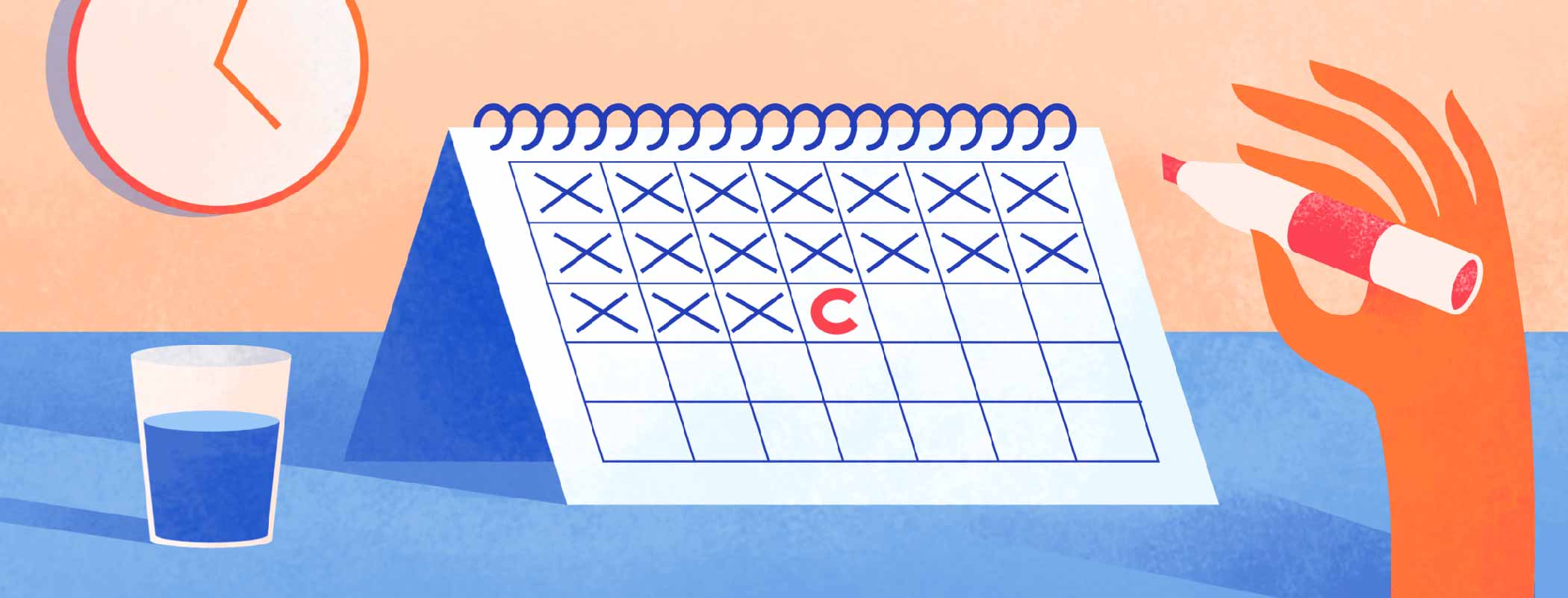"C-Day:" The Day I Learned I Had Prostate Cancer
Prior to a routine physical in December of 2016, I had blood drawn for a Prostate Specific Antigen (PSA) test. It had been several years since I’d had one, and, even though I had no symptoms that would suggest any problems with my prostate, at sixty-eight it was time for another check. Several friends in my age group had been diagnosed with prostate cancer, so why take any chances?
First steps, and then the biopsy
During my visit, my primary care doctor revealed that my PSA score was a 7, three points higher than recommended. She suggested seeing a urologist, and since I already had one as a result of a nasty experience with a kidney stone in 2007, I made an appointment. He found no enlargement or abnormalities in my prostate during a Digital Rectal Examination (DRE), but recommended a second PSA test, preceded by a course of antibiotics to rule out prostate inflammation as the cause of the initial score.
When my second test confirmed the first result, my urologist recommended a biopsy to determine if there were any cancer cells in my prostate. Up until that point, and still with no symptoms, I was unconcerned, but his suggestion raised the stakes for me. Was it possible I had prostate cancer? I talked to my wife, to a couple of good friends and to another health care provider, and everyone said the same thing: for peace of mind, have the biopsy.
Ides of March
I used to be an English teacher. I taught quite a bit of Shakespeare. I should have known better than to have a biopsy on March 15th, also known as the Ides of March, the day Caesar was assassinated, a day associated with bad luck. In the transrectal procedure, conducted in my doctor’s office, a spring-loaded needle manipulated by the doctor collected twelve tissue samples. It reminded me of the spud guns we used to have when I was a kid growing up in Philadelphia. It was an unpleasant but bearable experience, a dull pain with each little click, blood in my urine and stool later, but by that evening I felt good enough to keep my commitment as a volunteer for a local film festival.
I keep a daily journal, and my entry for March 22nd begins, “Shall we call this ‘C’ Day? Today I learned that I have cancer. Cancer cells were found in all six lobes of my prostate, in 10 of 12 tissue samples.” Sitting in my doctor’s office with my wife, naturally, my shoulders slumped when I got the news. It felt a lot like the day in 2010 when an EKG revealed abnormalities in my heart that led to the first of two angioplasties, the second after a mild heart attack. My doctor told me I would need to have a whole-body bone scan and an abdominal CT scan to find out if the cancer cells had escaped my prostate and spread to other areas of my body. There would be no discussion of treatment until those results were available.
How do I feel?
I went home with a book about prostate cancer and a determination to learn as much as I could now that I had received my diagnosis. I had joined the 5% of men diagnosed with prostate cancer between the ages of 65 and 70, the 16% diagnosed in their lifetime. I did not want to join the 3% who die from the disease (according to the Center for Disease Control).
Again from my journal: “So how do I feel? Down a little bit but not panicked, uncertain but not morbid. I will do the next appointed things: have the tests, educate myself, talk to the right people, including my friends who have been down this road. It’s weird hearing myself say ‘I have cancer,’ but it’s too soon to say what that really means for the long haul. More will be revealed.”

Join the conversation